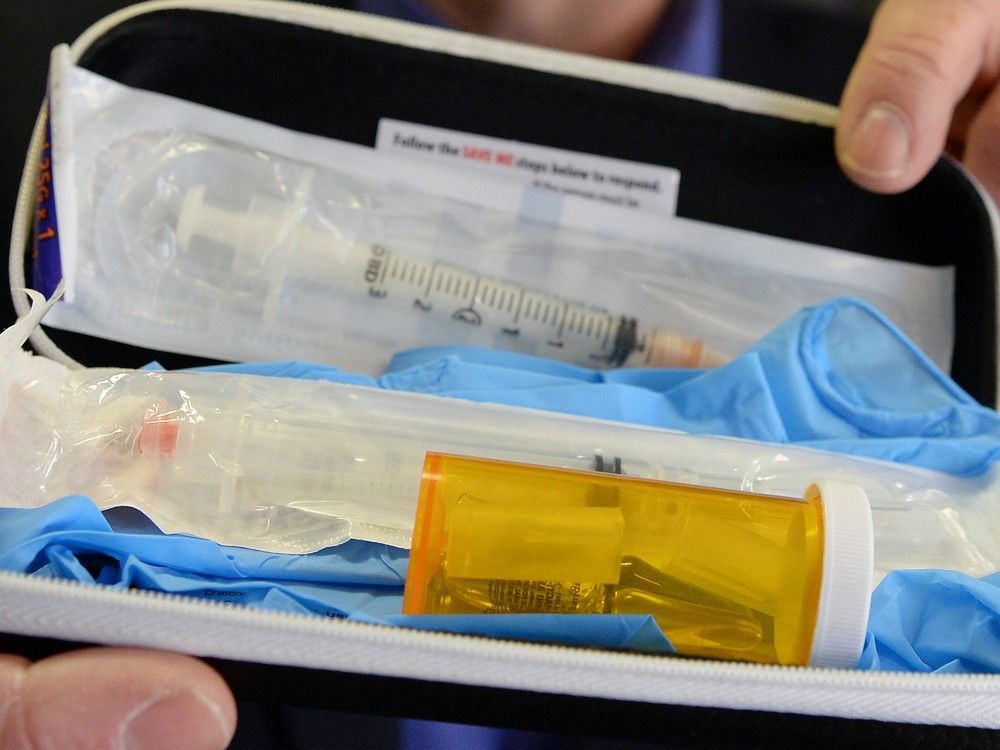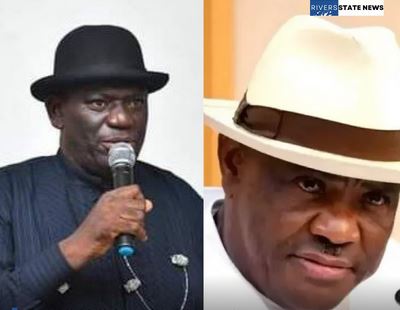
Nigeria, once a nation brimming with promise and potential, has become a land where paradoxes define its political, judicial, and social landscape. From a dysfunctional electoral process to a judiciary that inspires little confidence, from increasing impunity to the silencing of dissent, the country seems to be in a perpetual state of crisis. The words “There was a country”—popularised by Chinua Achebe—aptly capture the disillusionment felt by many Nigerians today.
This article critically examines some of the glaring issues that have reduced Nigeria to a shadow of its potential, with a focus on governance, the rule of law, freedom of speech, religious leadership, and the declining welfare of its citizens. Nigeria’s democracy is marred by a fundamental contradiction: the will of the people is often subverted through rigging, vote-buying, and judicial manipulations. The recent trend where more people sign petitions to recall a senator than the number that voted for them during elections highlights the flaws in the electoral process.

How does one explain such an anomaly? It is a clear indication that many elections are neither free nor fair. Rather, they are a product of compromised processes, where money and power dictate outcomes rather than the genuine choice of the people. Election observers—both local and international—have repeatedly documented instances of voter suppression, ballot box snatching, and election result manipulations.
Yet, those responsible for these infractions often go unpunished. The Independent National Electoral Commission (INEC), which is meant to be an impartial arbiter, has often been accused of bias and incompetence. With such a flawed system, the people have little faith in the democratic process, making it unsurprising that voter apathy is on the rise.
When democracy fails to reflect the people’s will, it ceases to be democracy; it becomes a farce. A democratic society thrives on the strength and independence of its judiciary. However, in Nigeria, the judiciary has lost credibility in the eyes of many.
Decisions that should be based on law and justice are often influenced by political and financial interests. It is not uncommon to see court rulings that defy logic, favouring politicians and powerful individuals at the expense of the common man. The judiciary, which should serve as the last hope of the common man, is now perceived as a tool in the hands of the elite.
Landmark cases that could set a precedent for justice are often overturned due to political pressure or financial inducements. When people no longer trust the courts to uphold justice, they resort to self-help, leading to an increase in lawlessness and a weakened social contract. One of the biggest travesties in Nigeria’s judicial system is the selective application of justice.
While petty thieves and protesters are swiftly arrested and prosecuted, politicians who loot billions from public coffers walk free, protected by their connections and wealth. This double standard erodes faith in the system and fosters a culture of impunity. Nigeria’s Constitution guarantees freedom of speech, but in practice, this right is often curtailed.
Critics of the government face harassment, intimidation, and sometimes arrest. Journalists and activists who dare to expose corruption or criticise policies risk being labeled as threats to national security. Social media, which has become a powerful tool for civic engagement, is now heavily monitored, with attempts to regulate and suppress dissenting voices.
Cases of individuals being arrested for posts on social media are increasing. The government often cites “cybercrime” and “hate speech” laws as reasons for such crackdowns. However, these laws are frequently applied selectively—targeting government critics while allowing those who spread misinformation in favour of the ruling elite to operate freely.
This suppression of free speech has created an atmosphere of fear, where many Nigerians choose silence over the risk of persecution. Without the ability to hold leaders accountable through open criticism, democracy is weakened, and tyranny takes root. Nigeria is a deeply religious country, with millions of adherents of Christianity and Islam.
Religious leaders have historically played a significant role in shaping societal values and governance. However, many of these leaders have become diplomatic with the truth, avoiding hard conversations that could challenge the status quo. Instead of holding political leaders accountable, some religious figures have aligned themselves with them, benefiting from patronage while their followers suffer.
Prosperity gospel preachers tell their congregations to “sow seeds” while turning a blind eye to the systemic corruption that keeps their followers in poverty. Islamic clerics who should preach justice and accountability often remain silent in the face of oppression. In times past, religious leaders were the voice of the voiceless, challenging injustice and advocating for the downtrodden.
But today, many have become complicit, choosing self-preservation over prophetic truth. This silence has allowed corruption, injustice, and impunity to thrive. At the heart of Nigeria’s troubles is the worsening economic condition of its citizens.
Despite the country’s vast resources, poverty and hardship continue to rise. Inflation has driven the cost of living to unbearable levels, and unemployment remains a major issue, especially among the youth. The gap between the rich and the poor has widened, with public officials living in luxury while the masses struggle for basic necessities.
Elected officials who are meant to serve the people often become their oppressors. Instead of creating policies that alleviate suffering, they engage in self-enrichment schemes—allocating outrageous allowances to themselves while ignoring pressing national issues like education, healthcare, and security. The growing frustration among Nigerians is evident in protests and mass emigration, popularly known as the Japa syndrome.
Many young Nigerians no longer see a future in their own country and are leaving in search of better opportunities abroad. The question remains: how did a nation so blessed with resources become so broken? Nigeria stands at a crossroads. The problems facing the country are deeply rooted, but they are not insurmountable.
Change requires a collective effort—one that involves citizens, civil society, and leaders who are truly committed to justice and progress. For democracy to work, elections must be credible, and the judiciary must be independent and just. Freedom of speech must be protected, and impunity must be punished, regardless of who is involved.
Religious leaders must reclaim their role as the conscience of society, speaking truth to power without fear or favour. Above all, citizens must demand accountability and actively participate in governance. Nigeria was once a country full of hope and promise.
It can be that country again—but only if Nigerians refuse to accept the status quo and work towards building a nation that truly serves its people. Until then, we will continue to lament: There was a country. Rev.
Fr. Onwugbenu can be reached via: 2348103355553.















